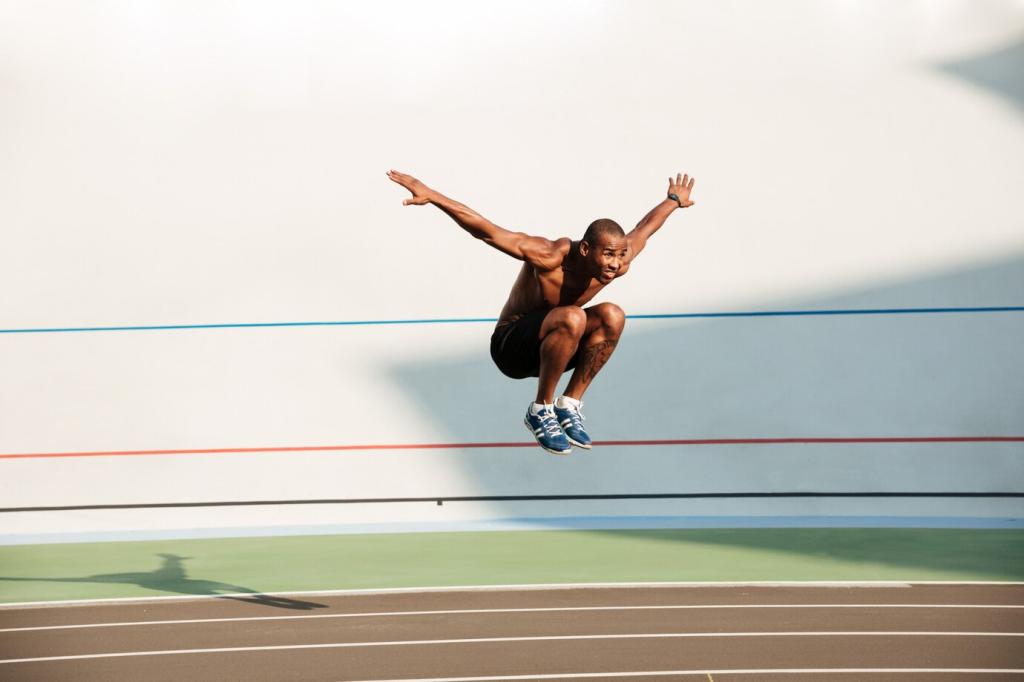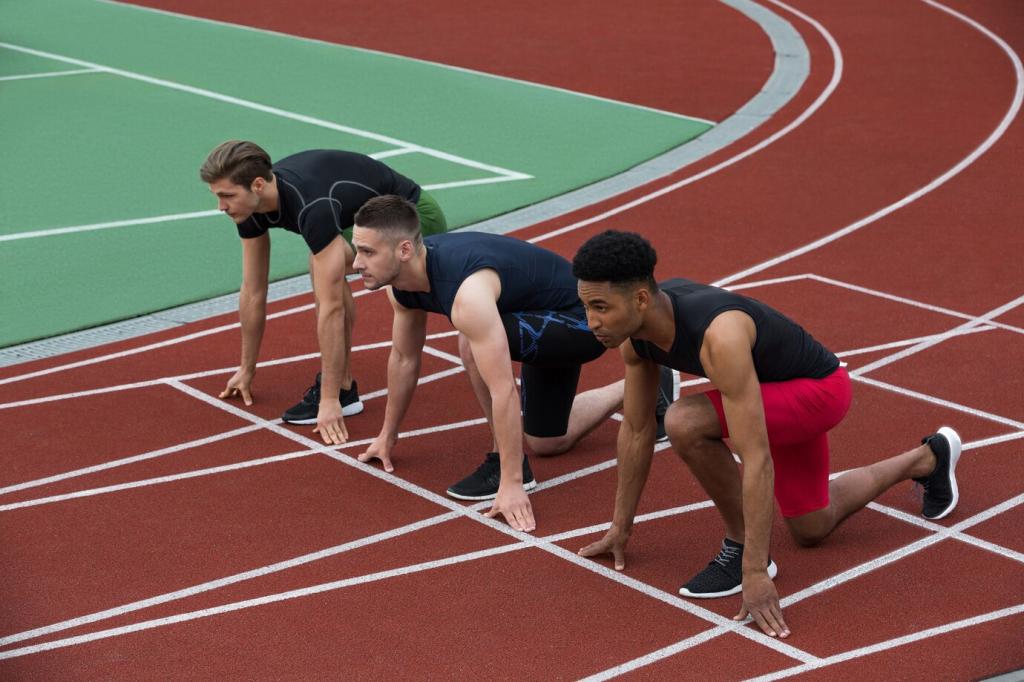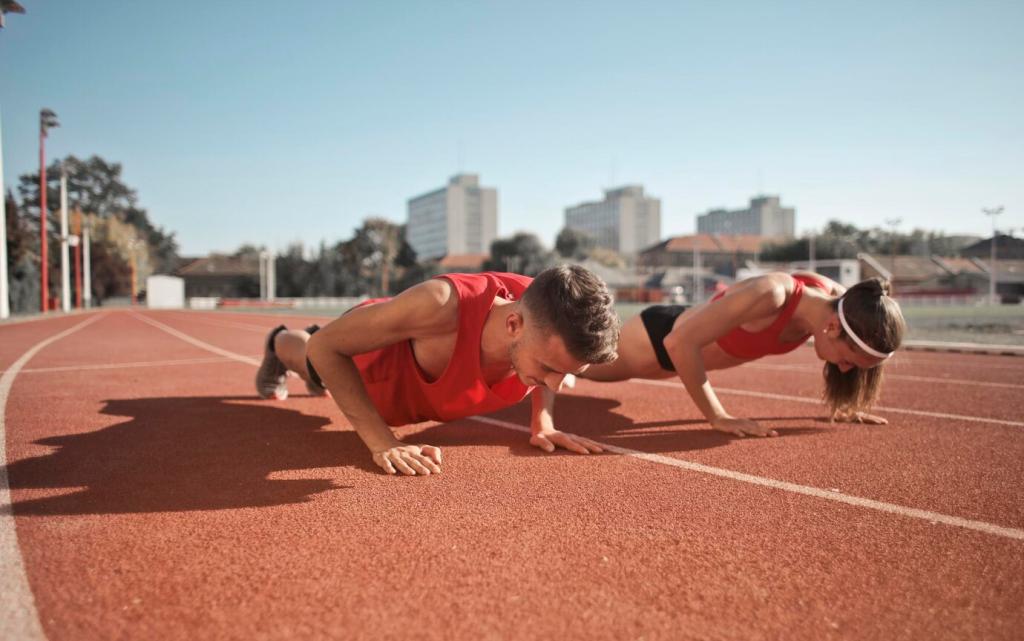The Positive Influence of Sports on Youth
From playground pick-up games to organized leagues, sports shape confident, healthy, and community-minded young people. Explore research-backed benefits, heartfelt stories, and practical ideas to help every teen thrive through movement. Join the conversation and subscribe for weekly inspiration tied to this theme.
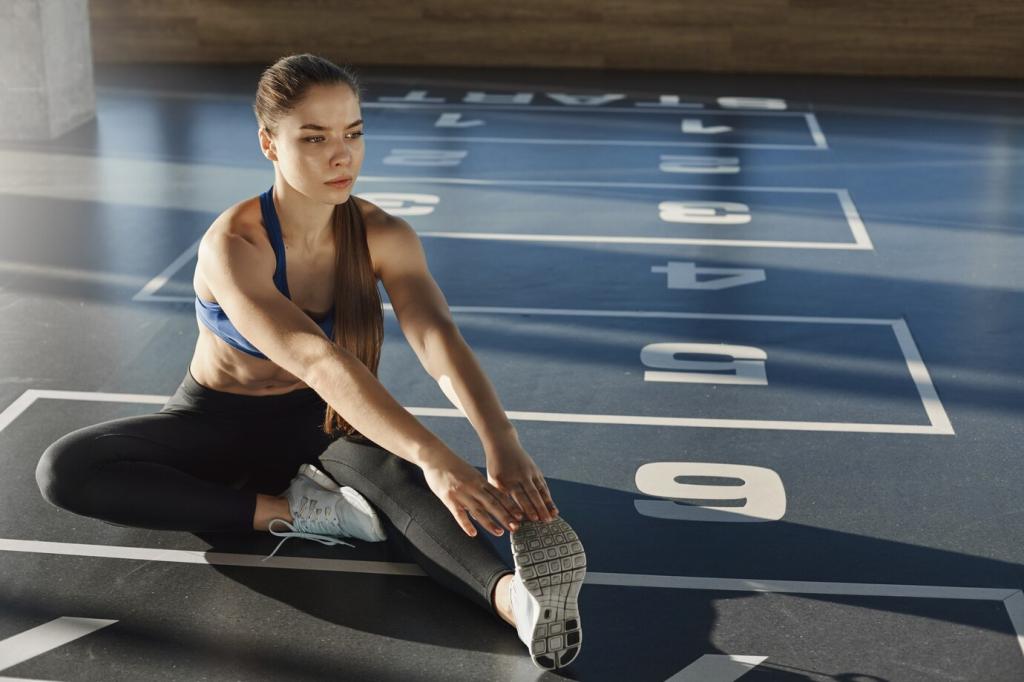
Building Character and Confidence Through Play
Progress happens in inches: a cleaner dribble, a steadier serve, a faster lap. Tracking small improvements teaches youth that effort compounds over time. Invite them to journal milestones and celebrate each step with teammates and family.
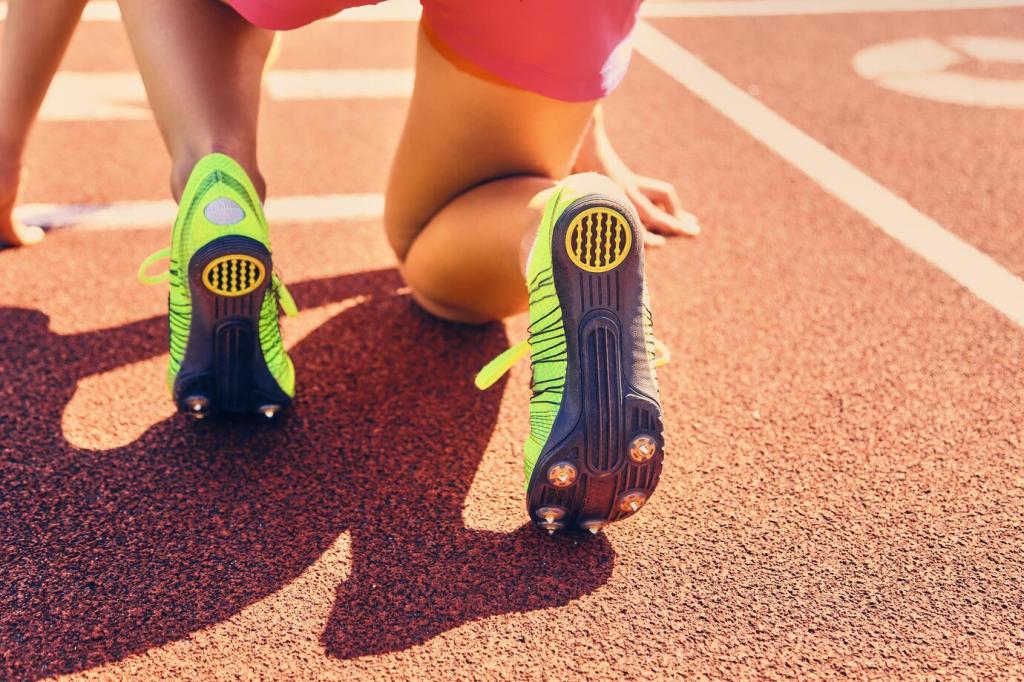

Building Character and Confidence Through Play
A missed shot or tough loss can sting, yet learning to reset between plays grows grit. Coaches who normalize mistakes help kids try again, calmly. That same composure serves homework setbacks, auditions, and first jobs.
Academic Benefits That Last Beyond the Season
Brain and Body Connection
Moderate to vigorous activity boosts blood flow to the prefrontal cortex, supporting attention, planning, and working memory. After practice, many students report homework feels more focused. Short movement breaks before studying can magnify that effect.
Time Management That Actually Works
Balancing practice, games, and class deadlines teaches prioritization. Student athletes often learn to break assignments into chunks and start early. Their calendars become visible commitments, reducing procrastination and building a reliable study rhythm across semesters.
Data in Plain English
Large school district analyses link sports participation with higher attendance and graduation rates. Teens who play at least one season are more likely to complete advanced coursework. Share your local numbers in the comments to crowdsource a clearer picture.
Mental Health and Emotional Wellbeing
Consistent, enjoyable movement releases endorphins and supports serotonin regulation, helping teens feel steadier during stressful weeks. Even twenty minutes of play can shift a rough day. Encourage curiosity: which activities leave your young athlete noticeably calmer and kinder?
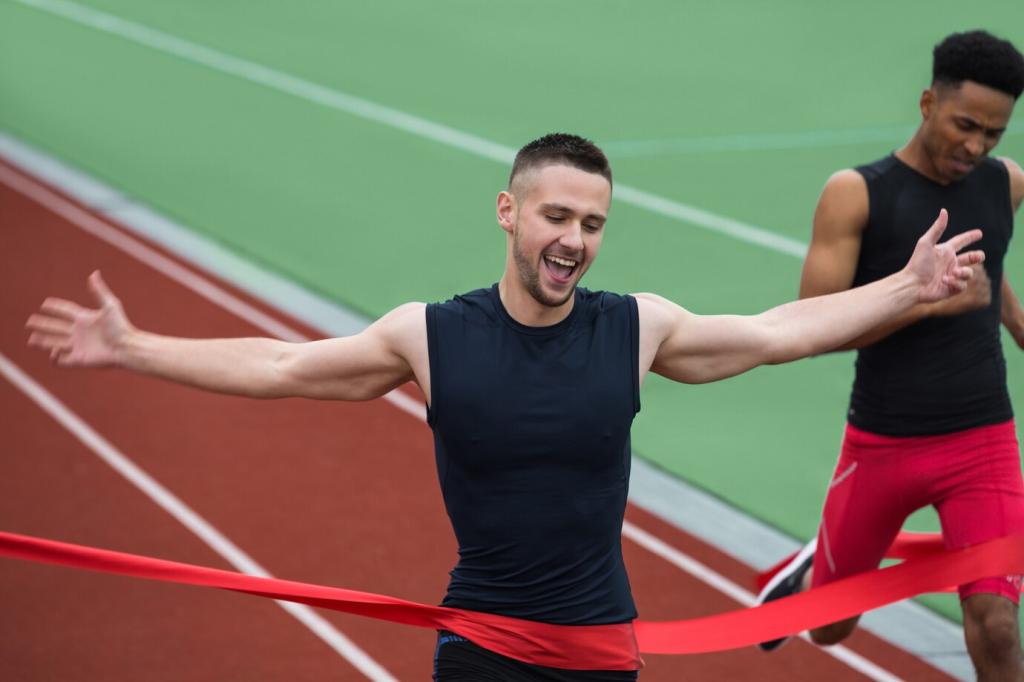
Mental Health and Emotional Wellbeing
A circle of teammates who notice absences and check in can buffer loneliness. Shared goals create purpose beyond grades or social pressure. Encourage captains to rotate shout-outs so every player’s effort gets seen, valued, and echoed by peers.
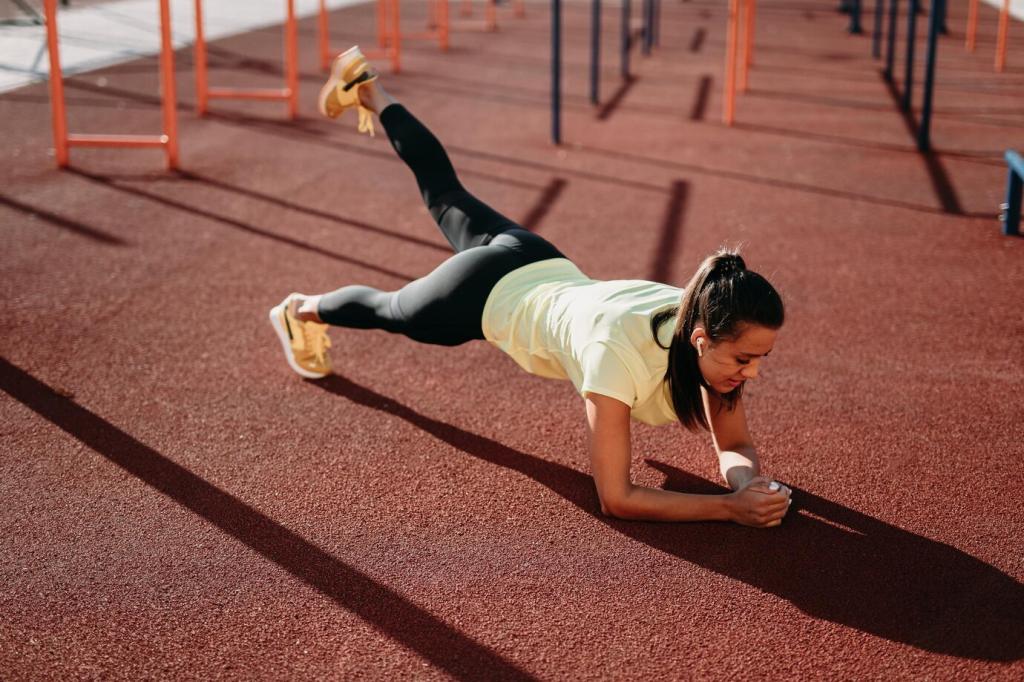
Moving for Life, Not Just for a Season
Active teens are likelier to become active adults, reducing risks for cardiovascular disease, type 2 diabetes, and depression. Variety matters: mixing skills lowers overuse injuries and keeps motivation fresh. Rotate activities to match seasons, friendships, and curiosity.
Fueling the Teenage Athlete
Balanced plates with colorful produce, whole grains, and enough protein sustain growth and training. Hydration habits matter, too, starting before practice. Invite teens to plan snacks for the week, building autonomy and a healthier relationship with food and performance.
Sleep: The Secret Performance Edge
Regular bedtimes support memory consolidation, reaction time, and mood. Families can create screen-light wind-down routines after late games. Celebrate nights when the whole house prioritizes sleep; tomorrow’s classes and practices will feel smoother and more productive.
Inclusion, Equity, and Access
Cost, transportation, and equipment often block participation. Communities can build gear libraries, sliding-scale fees, ride-shares, and safe walk-to fields. Invite alumni to sponsor registrations. Ask players what they need; their answers guide the most humane solutions.
Leadership, Teamwork, and Community Impact
Captains Who Listen
Great captains ask questions, echo quieter voices, and model effort. They set huddles where ideas flow both ways. Teach them to paraphrase, thank feedback, and make decisions transparently so trust grows, even when choices are tough.
The Ripple Effect
When teens coach younger players at clinics, they practice patience, clarity, and empathy. The younger kids see near-peer role models. Communities feel the ripple as skills, confidence, and kindness spread from court to classroom to neighborhood.
Service Through Sport
Charity tournaments, park cleanups after practice, and donation drives connect performance with purpose. Planning logistics teaches project management. The payoff is pride shared by the whole team, reminding youth that their talents can lift others, too.
